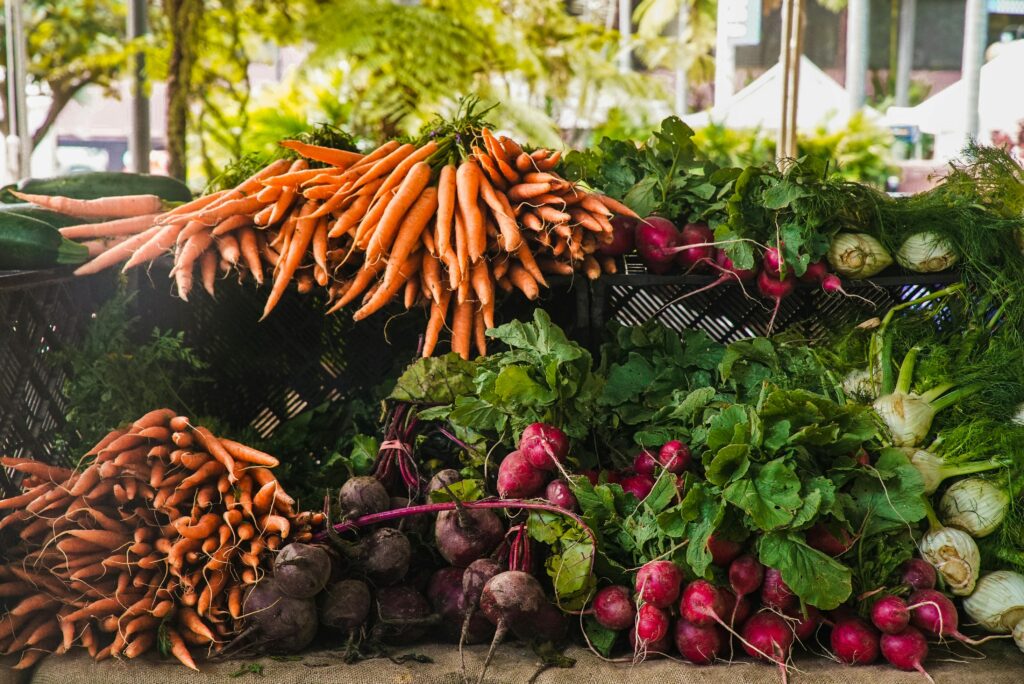The keto diet is a high fat, low carb eating plan designed to promote weight loss, boost energy, and enhance overall health by keeping the body in ketosis. While veggies are celebrated for their health benefits, not all of them are compatible with keto due to their carb content. This guide identifies vegetables that are not keto friendly and offers practical tips for choosing low carb alternatives.
For a detailed guide to keto appropriate foods, explore our Keto-Friendly Grocery Guide.
What Makes a Vegetable Keto Friendly?
To fit into a keto diet, a veggies must meet certain criteria:
- Low Net Carbs: Total carbs minus fiber should fit within keto’s daily limit (20–50 grams).
- Low Glycemic Index (GI): Minimizes blood sugar spikes, which helps maintain ketosis.
- Nutrient Density: Vitamins, minerals, and fiber support the diet’s sustainability.
If you’re new to keto, check out What Can You Eat on Keto? for a complete guide.
Why Are Some Vegetables Not Keto Friendly?
Certain vegetables contain high levels of starch or sugar, which makes them incompatible with keto. Here’s why they should be avoided:
- High Carb Content: Starchy veggies can quickly exceed your daily carb allowance, disrupting ketosis.
- Blood Sugar Spikes: High-GI veggies can elevate glucose levels, countering the benefits of keto.
- Hidden Carbs in Processed Vegetables: Canned or frozen veggies in sugary sauces often have added carbs.
For tips on avoiding these mistakes, see Top Tips for Easy Keto Meal Planning.
Vegetables That Are Not Keto Friendly
1. Root Vegetables
- Examples: Potatoes, sweet potatoes, carrots, parsnips.
- Why They’re Not Keto Friendly: High starch content leads to high net carbs.
- Keto Alternatives: Use cauliflower for mashed potatoes or radishes as a substitute for roasted potatoes.
2. Legume-Based Vegetables
- Examples: Green peas, chickpeas, lentils.
- Why They’re Not Keto Friendly: Despite being rich in fiber, legumes have a high carb count.
- Keto Alternatives: Swap with green beans or zucchini noodles for lower carb options.
3. High-Sugar Vegetables
- Examples: Corn, beets, butternut squash.
- Why They’re Not Keto Friendly: These vegetables contain natural sugars that can raise blood glucose levels.
- Keto Alternatives: Choose nutrient rich, low carb options like spinach, kale, or broccoli.
4. Processed Vegetables
- Examples: Canned veggies with sugary brines or starchy sauces.
- Why They’re Not Keto Friendly: Processing often adds sugars, significantly increasing the carb count.
- Tips: Stick to fresh or frozen vegetables and always check labels for hidden carbs.
How to Choose Keto-Friendly Vegetables
Selecting the right vegetables for your keto journey is simple with these tips:
- Focus on Non-Starchy Vegetables: Favorites like broccoli, cauliflower, spinach, and zucchini are ideal.
- Control Portions: Even keto-friendly vegetables can add up in carbs if consumed in large quantities.
- Read Labels: Avoid canned or frozen vegetables with added sugars or sauces.
For more tips, check out our guide on Keto-Friendly Vegetables for Beginners.
FAQs
Q: Can I eat carrots on keto?
A: Carrots are higher in carbs compared to other vegetables but can be eaten in moderation. Opt for raw carrots or use them sparingly in salads.
Q: Are sweet potatoes keto-friendly?
A: No, sweet potatoes are too high in carbs to fit within typical keto macros, even in small servings.
Q: How can I ensure vegetables are keto-friendly?
A: Stick to low-carb, high fiber vegetables like leafy greens, zucchini, and cauliflower. Check labels on processed products for hidden carbs.
Q: Are beets keto-friendly?
A: Beets are not ideal for keto due to their natural sugars, which can disrupt ketosis.
Q: What should I watch for in processed vegetables?
A: Avoid added sugars or starchy sauces in canned or frozen vegetables by checking the nutrition label.
Conclusion
Vegetables are an essential component of any healthy diet, offering fiber, vitamins, and minerals. However, not all vegetables align with the ketogenic lifestyle. Starchy options like potatoes, sweet potatoes, and corn, along with legumes like peas and beans, are best avoided to maintain ketosis. Instead, focus on low-carb, nutrient-dense alternatives such as leafy greens, broccoli, and zucchini.
Understanding which vegetables to avoid and selecting keto-friendly options will help you stay on track and enjoy a sustainable ketogenic journey.


2 thoughts on “What Vegetables Are Not Keto Friendly?”